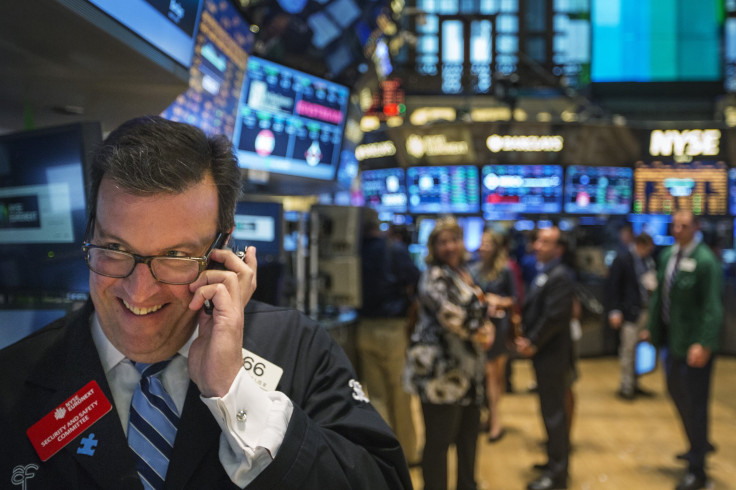Stock Market 2016 Performance: Dow Jones Closes Best Year Since 2013 As Investors Prepare For Trump Presidency

U.S. stock indexes may have had a bad last trading day of 2016, but they had a great year.
The Dow Jones Industrial Average (DJI) diverged from its climb toward 20,000 points Friday, dropping 0.3 percent to 19,769.38 after opening at 19,834.46. Looking back over the past 12 months, however, the index enjoyed its best yearlong performance since 2013.
The S&P 500 Index (GSPC) endured a similar end-of-the-year dip, falling 0.55 percent to 2,239.25 after a market open of 2,251.77, while the Nasdaq Composite Index (IXIC) dropped by more than 1 percent to 5,383.12 from 5,438.72 Friday.
Still, all three indexes finished 2016 with a gain over the start of the year. The Dow grew about 15 percent, or nearly 2,614 points, while the S&P rose 11 percent, or more than 226 points. The Nasdaq Composite, meanwhile, gained nearly 10 percent, or 480 points.
The across-the-board uptick ended a year that began with the worst opening day since the height of the recession.
While some celebrated the apparent comeback, others had their eyes on 2017, a year set to kick off with the inauguration of President-elect Donald Trump and a new set of legislative proposals involving extensive deregulation, low corporate taxes and a deficit-inflating $1 trillion spending plan.
“Now comes the hard part,” Lew Piantedosi, a portfolio manager at Eaton Vance, told the Wall Street Journal. “What are these policies actually going to look like? That’s where the true uncertainty lies.”
Speaking to Reuters, BB&T Wealth Management Senior Vice President Bucky Hellwig expressed similar worries for the uncertainty surrounding the incoming administration.
“It’s been such a significant run-up that there’s been a pause,” Hellwig told the newswire, in reference to the major indexes’ performance. “We are to the point now where there’s uncertainty with regard to what policies are implemented, when are they implemented and how they are going to affect the economy as a whole and industries specifically.”
Others, like Citigroup’s Chief U.S. Equity Strategist Tobias Levkovich, were more optimistic than wary.
“There’s very little question that a reduced regulatory backdrop with reduced taxes should encourage corporate animal spirits,” he told CNBC. “The two things businesses are most concerned by is high taxation and high regulation.”
© Copyright IBTimes 2025. All rights reserved.






















